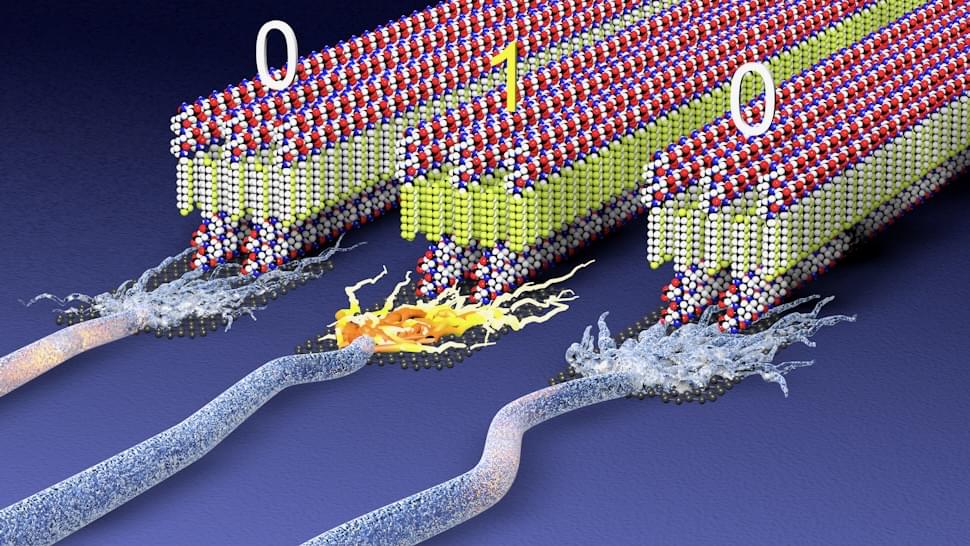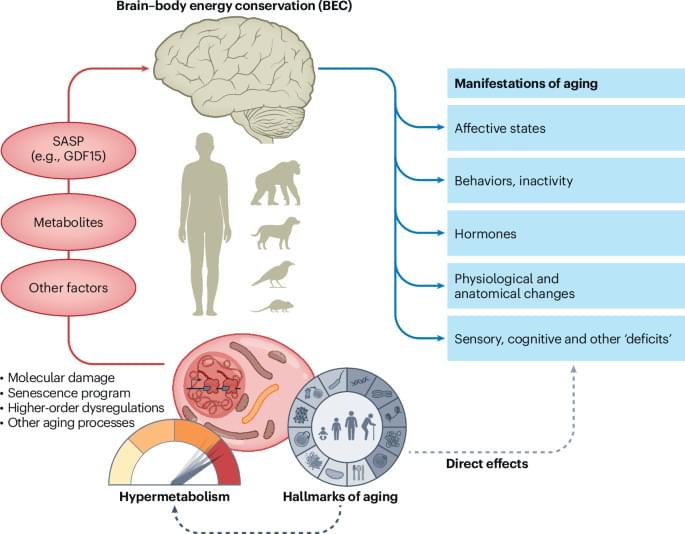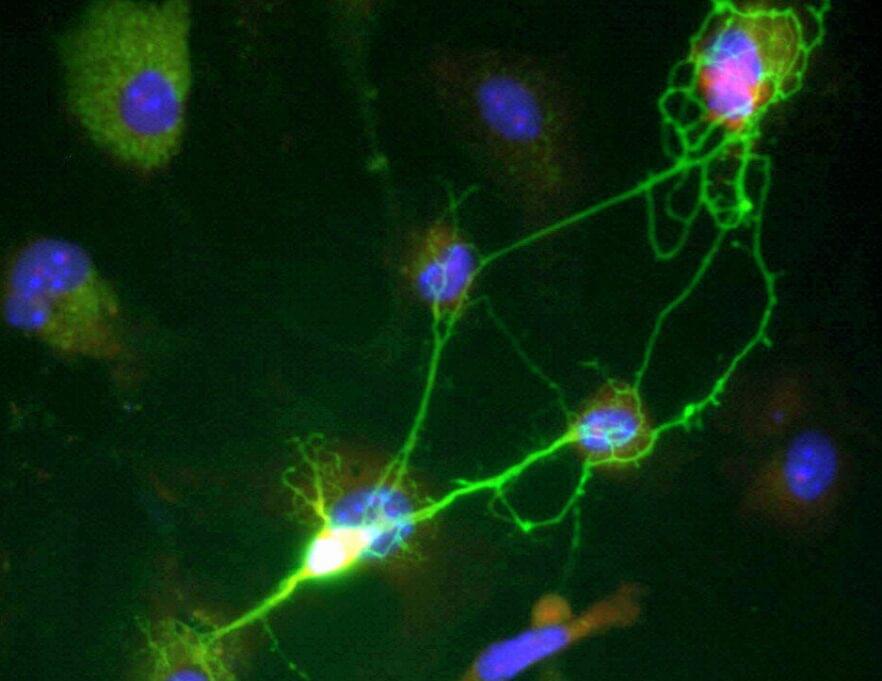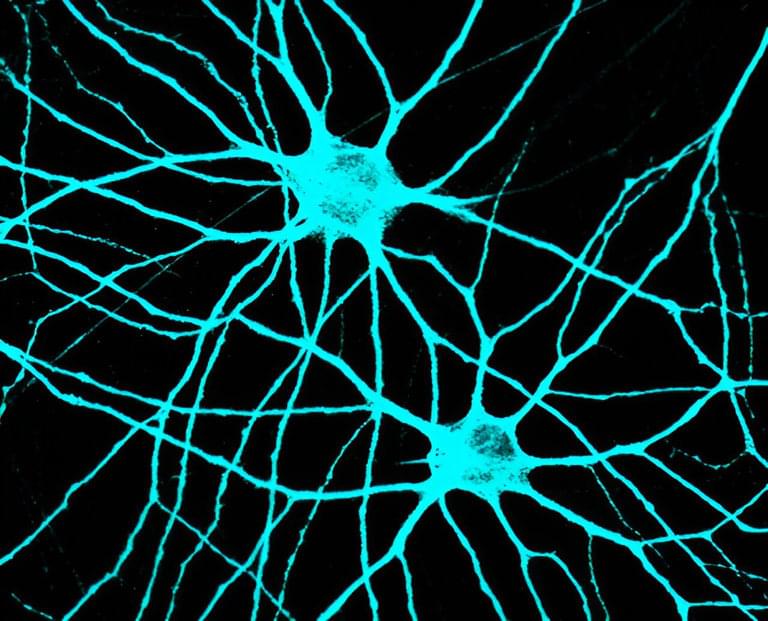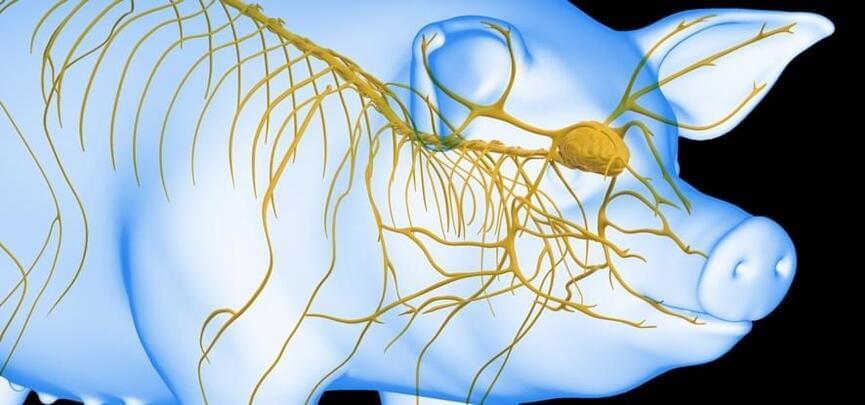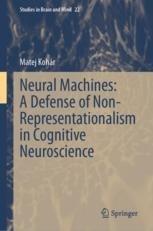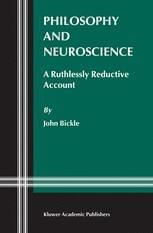Oct 25, 2024
‘Electric Plastic’ Could Merge Technology With the Body in Future Wearables and Implants
Posted by Jose Ruben Rodriguez Fuentes in categories: biotech/medical, computing, health, neuroscience, wearables
Finding ways to connect the human body to technology could have broad applications in health and entertainment. A new “electric plastic” could make self-powered wearables, real-time neural interfaces, and medical implants that merge with our bodies a reality.
While there has been significant progress in the development of wearable and implantable technology in recent years, most electronic materials are hard, rigid, and feature toxic metals. A variety of approaches for creating “soft electronics” has emerged, but finding ones that are durable, power-efficient, and easy to manufacture is a significant challenge.
